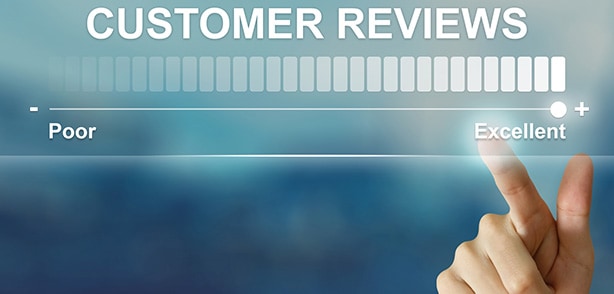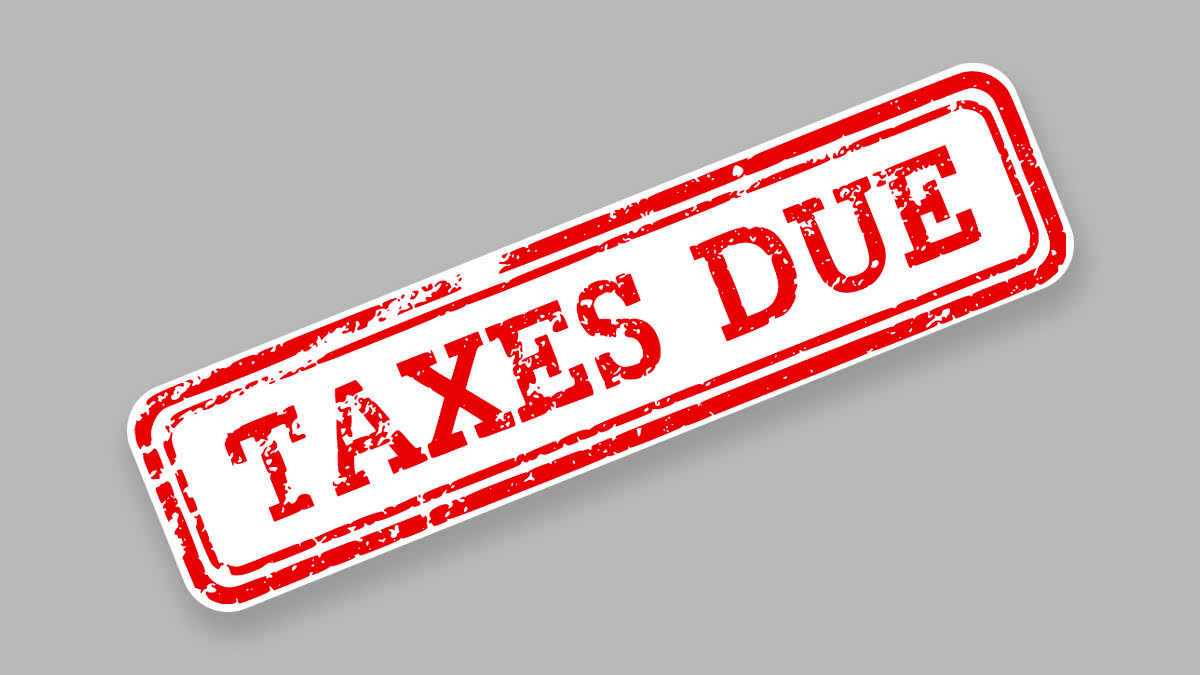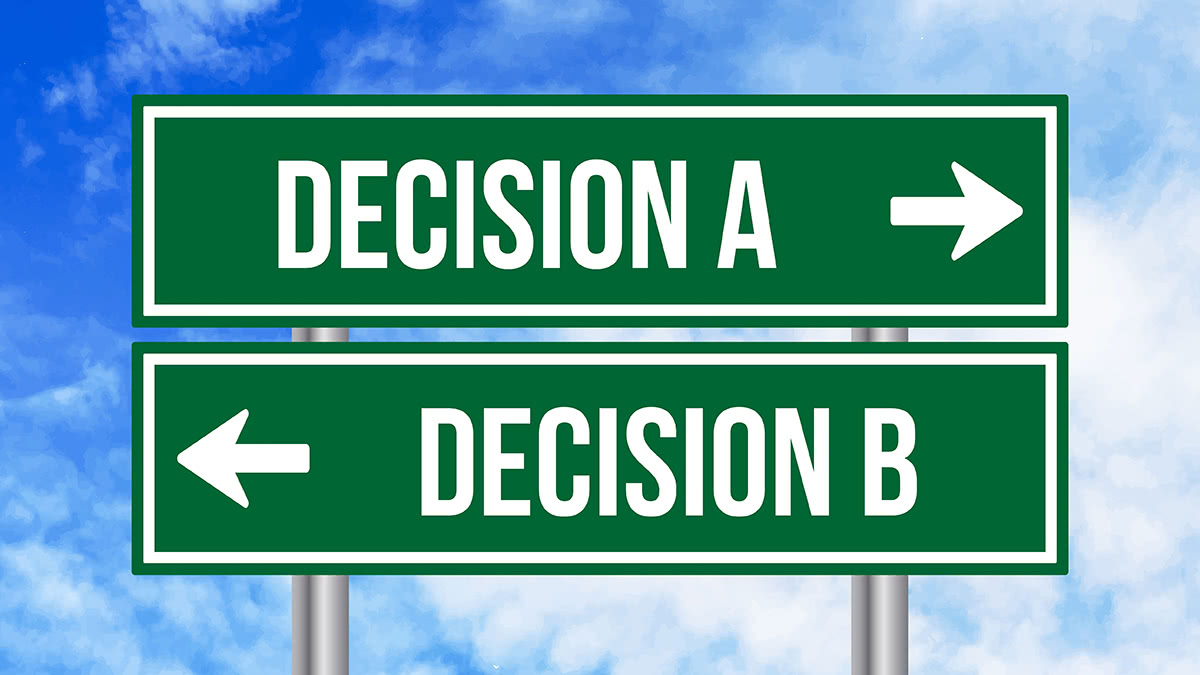Building Customer Relationships That Last: Effective CRM and Retention Strategies for Small Businesses

In today’s competitive landscape, acquiring new customers is important, but keeping the ones you already have is what drives true growth. For small businesses, customer loyalty is not just about making sales, it’s about building trust, fostering long-term relationships, and delivering experiences that turn first-time buyers into lifelong advocates. That’s where a smart Customer Relationship Management (CRM) strategy and thoughtful retention tactics can make all the difference.
Effective CRM for small businesses goes beyond tracking transactions. It’s a comprehensive approach to managing every touchpoint in your customer journey, from first interaction to repeat purchase. And when combined with meaningful retention strategies, it becomes one of the most powerful tools in your business growth toolkit.
Understanding CRM and Why It Matters
At its core, CRM is about creating meaningful connections. It involves collecting data on customer behaviors, preferences, and feedback, then using that information to tailor your communication, marketing, and service delivery. For small businesses, a CRM system provides a centralized place to store customer data, automate outreach, personalize service, and measure performance over time.
Platforms like Salesforce or HubSpot offer scalable tools that help small businesses keep track of customer information in a way that’s both organized and actionable. With CRM in place, business owners can view each customer as an individual—not just a number. This makes it easier to anticipate needs, recommend relevant products, and follow up at just the right moment.
How CRM Powers Retention and Repeat Business
Customer retention is where the real ROI of CRM shines. A well-implemented CRM system allows you to understand which customers are highly engaged, who might be slipping away, and what kind of content or offers will resonate with each segment.
Take, for example, a customer who hasn’t returned in 60 days. Your CRM can trigger an automated email that invites them back with a special offer tailored to their past purchases. On the flip side, a long-time customer might receive a thank-you message on the anniversary of their first order, along with early access to new products or services.
These personalized, data-driven touches create a stronger emotional connection with your brand. And when customers feel seen and appreciated, they’re far more likely to stick around. As HubSpot notes, retention isn't just about offering discounts, it's about consistently delivering value and recognition over time.
The Role of Data in Building Better Relationships
To build lasting relationships, you need to know your customers, and that starts with collecting the right data. A CRM system gives you a complete view of each customer’s journey, from their first interaction to their latest purchase. This includes purchase history, communication preferences, feedback, social engagement, and support tickets.
By analyzing this data, you can spot patterns, identify pain points, and customize your outreach. For instance, if you notice that a certain customer always buys seasonal items in advance, you can send them early-bird promos when new collections launch. If someone frequently reaches out with questions, you might offer proactive resources or assign a dedicated account rep.
Over time, your CRM helps you anticipate needs rather than simply react to them, which creates a sense of attentiveness that customers remember.
The Power of Personalized Communication
One of the most effective customer retention strategies is personalized communication. Generic messages and mass emails no longer cut it. Customers want content that speaks directly to their interests, habits, and preferences. Fortunately, CRM makes it easy to tailor outreach based on real-time insights.
Small businesses can use CRM systems to automate email campaigns that feel personal. You might send product recommendations based on past behavior, follow-up emails after a purchase, or even simple gestures like birthday greetings. These seemingly small details reinforce that your business sees its customers as individuals, not just transactions.
Personalization also improves open and click-through rates, making your marketing efforts more effective and measurable. As Salesforce research shows, more than 60% of consumers expect businesses to personalize their experiences. With CRM, you can meet, and exceed, that expectation.
Creating a Culture of Exceptional Service
While technology is critical, it can’t replace genuine customer care. High retention doesn’t come from automation alone, it’s built on trust, responsiveness, and consistent service.
A customer who receives timely, helpful responses from your support team is much more likely to return. This is why training your staff to use CRM tools effectively is just as important as the tools themselves. When your team understands how to access and apply customer data in real-time, they can provide more thoughtful, efficient, and solution-focused support.
Consistency also matters. Every interaction, whether via phone, chat, social media, or in person, should reflect your brand’s commitment to solving problems and making customers feel valued. This consistency builds credibility, especially over the long term.
Loyalty Programs and Incentives That Drive Repeat Business
A well-designed loyalty program not only rewards your customers, it also gives them a reason to keep coming back. By integrating loyalty data into your CRM, you can monitor reward status, track redemptions, and deliver targeted incentives that actually matter to your customers.
Some small businesses offer points-based systems where customers earn rewards for every purchase. Others focus on exclusive perks, such as early access to new products, members-only discounts, or personalized thank-you gifts.
Regardless of the format, the goal is to create a program that feels meaningful, not gimmicky. If your customers feel like they’re part of an exclusive experience, they’ll be more likely to engage, spend, and share your brand with others.
Listening to Feedback and Responding Proactively
One of the most overlooked aspects of customer retention is feedback. Asking your customers what they think, and then acting on it, is a powerful way to build trust and loyalty.
Start by embedding feedback opportunities into your existing touchpoints. Ask for reviews after a purchase. Include a satisfaction survey in your email campaigns. Set up an automated request for feedback a few weeks after onboarding a new client.
Once you’ve collected this information, analyze it through your CRM dashboard to identify trends. Are multiple customers pointing out the same issue? Do certain team members consistently receive positive reviews? This insight can guide everything from product development to customer service improvements.
And don’t forget to close the loop. Let customers know when their feedback has influenced a change. This transparency shows you’re listening. and that their voice matters.
Continuous Improvement is the Secret to Sustainable Growth
Building strong customer relationships is not a one-time project, it’s an ongoing process. Your customers' needs, behaviors, and expectations will change over time, and your CRM and retention strategies need to evolve along with them.
Review your CRM data regularly to monitor performance. Identify gaps in your engagement strategy. Test new communication methods. Track your customer lifetime value (CLV) and segment loyalty trends. The more you stay tuned in to what’s working, and what’s not, the better equipped you’ll be to adapt and stay competitive.
Creating a culture of continuous improvement ensures that you’re always looking for ways to serve your customers better, which ultimately becomes your biggest competitive advantage.
Final Thoughts: Strong Relationships Fuel Small Business Growth
At the end of the day, building customer relationships that last is about showing your customers that they matter. CRM technology gives you the structure to track, understand, and engage them more effectively, while retention strategies like loyalty programs, personalized messaging, and proactive service help turn those insights into action.
For small businesses, these aren’t just “nice to haves”, they’re foundational strategies that create real revenue and lasting growth.
If you're ready to invest in customer relationships, whether by upgrading your CRM system, launching a loyalty program, or training your team, Fora Financial is here to support your goals.
Since 2008, Fora Financial has distributed $4 billion to 55,000 businesses. Click here or call (877) 419-3568 for more information on how Fora Financial's working capital solutions can help your business thrive.






